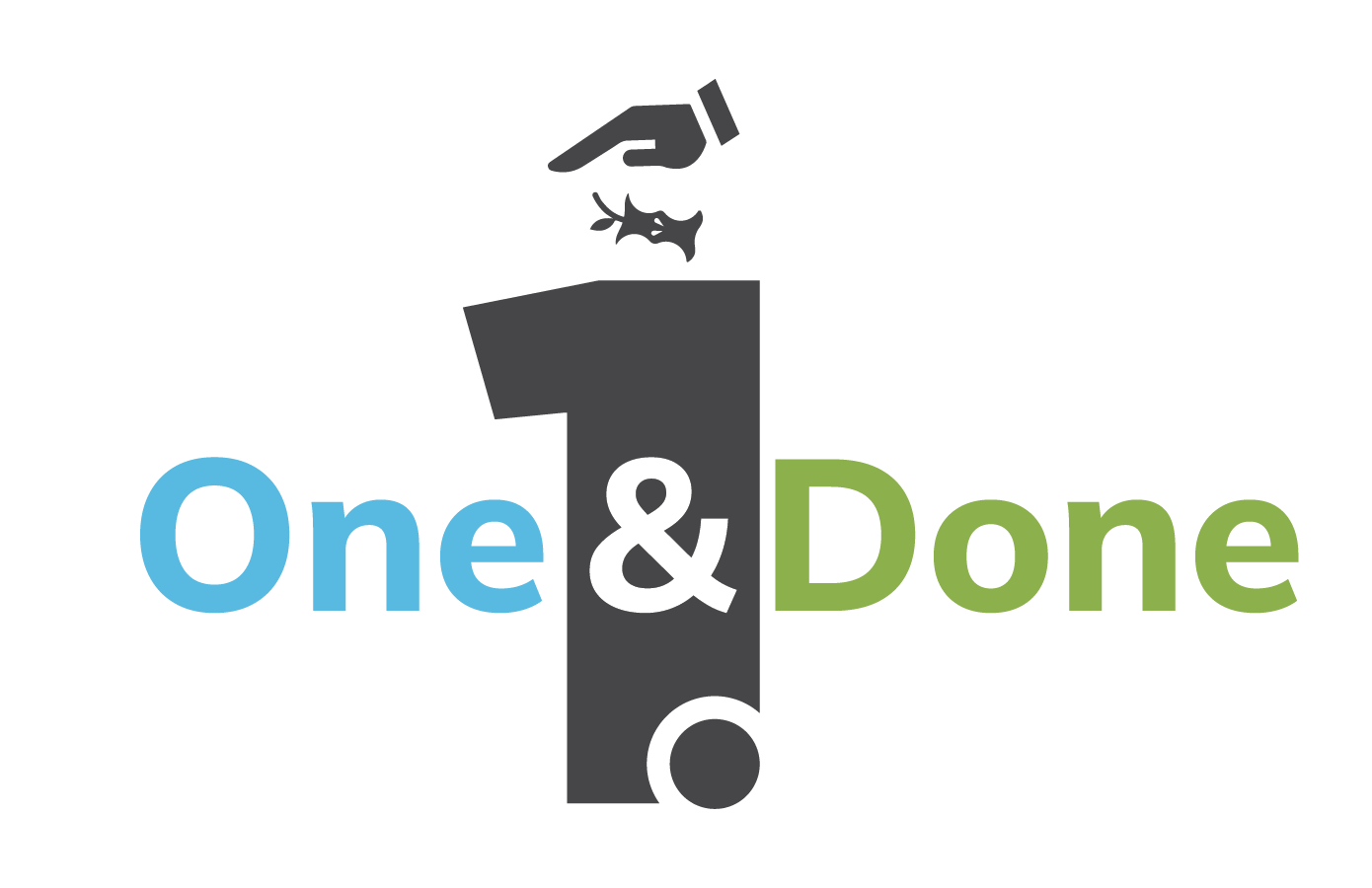Residential Organics Recycling Program:
City of Lincoln Customers

Organics Recycling: It’s The Law!
What Is SB 1383?
SB 1383 is a State law that was passed in 2016 which established targets to achieve a 50 percent reduction of the statewide disposal of organic waste from the 2016 level by 2020 and a 75 percent reduction by 2025. Mandatory recycling of organic waste is the next step toward achieving California’s aggressive recycling and greenhouse gas (GHG) emission goals. California disposes approximately 30 million tons of waste in landfills each year, of which more than 30 percent could be used for compost or mulch
What Is Organic Waste And Where Does It Go?
Organic waste is any solid food (no liquids) and uncoated paper products. This includes coffee grounds, food peelings from vegetables, eggshells, meat, and fish while uncoated paper products include items such as paper napkins and paper towels, coffee filters, tea bags, paper cups, and paper plates.
Organic waste together with your recyclables and household trash can be placed into your One & Done container where they will be sorted in the Materials Recycling Facility using machinery, robotics, and humans. This cart is your black cart (or green cart for residents who have an older version).
Green waste such as grass clippings, leaves, and pruning less than 2 feet long and 2 inches in diameter will continue to be placed in your green waste container. This cart is your green cart (or brown/tan cart for residents who have an older version).
How Can You Help At Home?
Everyone has a role in saving resources and wasting less food. Here are a few tips and ideas of ways to help reduce organic waste:
- Plan your meals for the week before you go shopping and buy only the items needed to prepare those meals. Make a shopping list with weekly meals in mind and save money while preventing food waste.
- Don’t waste leftovers, freeze them for future use in new meals.
- If you shop in bulk, separate large portions into smaller portions so you can defrost the portions you will in your meal preparation. For additional tips please visit saveourfood.com.
- Setting up a home compost system. Learn how to compost at home and the benefits it can bring to your garden! Teabags, spoiled foods, paper napkins, dead leaves, and fruit peels can be composted instead of tossed in the trash. Put your unused food to work by using it to grow new ingredients or for mulch in your yard. For more information on at home composting please visit calrecycle.ca.gov.
By working together, we can achieve California’s recycling and recovery goals. By diverting organic material away from landfills, we can greatly reduce greenhouse gas emissions generated from the decomposition of organic waste.
How Is The City Of Lincoln Complying with
SB 1383?
The City of Lincoln is making compliance with SB 1383 easy by continuing to use the One & Done approach. By utilizing this approach, we can satisfy the SB 1383 Organic Waste Recycling without changes to current residential waste collection methods.
With the One & Done approach, all household garbage including plastics, newspapers, bottles, and food waste is tossed into the same garbage receptacle and then taken to a Materials Recovery Facility (MRF) where it is separated and recycled to its fullest potential by machinery, robotics, and humans.
Through this process, all of the recyclables are diverted and a higher percentage of material recovery is achieved. You don’t have to worry about recycling. The Material Recovery Facility will sort and separate recyclable items from your trash! Each household will continue to separate their yard waste, (leaves, lawn, and tree trimmings) into the green waste container. Learn more at www.lincolnca.gov/recycling.



